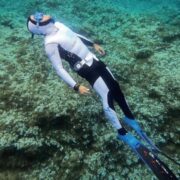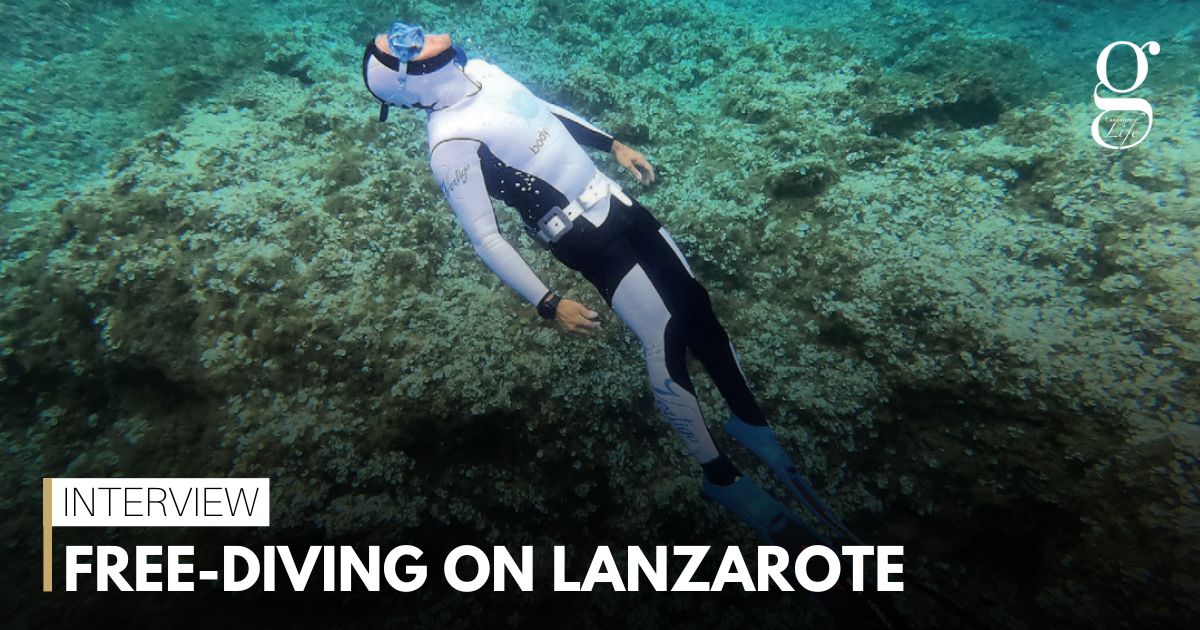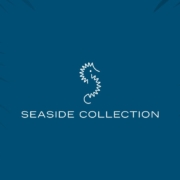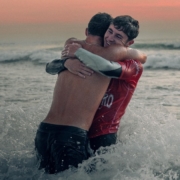Free-diving is slowly becoming more and more popular on Lanzarote. We spoke to Francis Barbier-Martins to get a closer look at this mysterious and beautiful sport.
Off the coast of Puerto del Carmen, free-divers regularly reach depths of around 50 metres – roughly the same distance as the height of The Gran Hotel in Arrecife, Lanzarote’s tallest building. We decided to find out more about this fascinating sport.
Put simply, free-diving is diving with only the air in your lungs, and has been carried out throughout human history by pearl and sponge divers, treasure hunters and the military. However, it was only in the mid-20th century that it started to become a competitive discipline.
It first came to wide public attention in 1988 with the release of The Big Blue, a hugely successful film about the rivalry between free-diving pioneers Jacques Mayol and Enzo Maiorca. More recently, the stunningly-filmed Netflix series The Deepest Breath has revived interest in the discipline.
Francis Barbier-Martins is a free-diver and massage therapist based in Puerto del Carmen. We met him last month to find out more about going deep.
How did you start freediving, Francis?
I came to Lanzarote and, through work, met the French national Instructor and world champion Christian Vogler, who was based here. He became a friend and I started to learn the sport, and also became an instructor. I’d tried scuba diving before, but freediving seemed so much more liberating – you’re not weighed down with equipment, you don’t have to monitor air and you can really focus on the experience.
Is it all about how deep you go?
Not at all. There’s the competitive aspect of course, but that’s also about learning your own limits. My personal best depth is currently 48 meters, but I do a lot of noncompetitive diving too. I like to explore, and I do a lot of underwater photography and filming. An experienced diver can stay underwater for three minutes at a depth 15 metres.
What’s the training like?
It’s different to scuba. Scuba training is a lot of focus on managing air and being able to be stable underwater.
With freediving you have only the air in your lungs, and the training is about breath control, remaining calm during the dive and finning techniques.
Is it hard to learn to hold your breath?
No. It takes time, but I think almost anyone can manage it for up to five minutes with the right training. It does need practice though, and if you stop for a while you have to train all over again.
Learning to equalize pressure is also an important technique. Once you’ve done that, most problems are over, although all divers will tell you that it seems a much longer way coming up than going down.
Is freediving dangerous?
There are risks, of course, but organised freediving is always focused on safety. There are very strict rules, such as always having a buddy on hand to watch you.
Accidents are rare, and usually happen when divers become over confident, going diving alone in risky places, for example. Any problems on a course usually occur in the first days, when people are beginners, or towards the end, when they’re overconfident. You need to be aware of your limits and keep safety as a priority at all times.
Why is Lanzarote becoming so popular with free-divers?
First, the water is so clear here. I’ve dived off the Normandy coast in France and there’s very low visibility in those waters. The Mediterranean is better, but here around Lanzarote the water is incredibly clear even at 50 metres below the surface.
Then there’s the temperature. The Mediterranean can cool to 13 degrees in winter, but here its rarely lower than 19 or 20 degrees, and it doesn’t get much colder as you get deeper.
It’s pretty much perfect, and that’s the reasons why many of the world champions come here to train.
What do you think about recent interest in freediving?
The films are part of it, but I’m not much of a fan of films such as The Deepest Breath or No Limit. Those recent films seem to send the message that freediving is about death and tragedy. But I think the recent interest may also be related to post-Covid, and an increased awareness of wellness issues. I have a friend who is a hypnotherapist and she’s developing a method that incorporates hypnotherapy into free-diving.
Is it very physical?
It’s a sport that is 30% physical ability and 70% in the mind, and for me a lot of it is about reaching a meditative state. I usually do deep dives with my eyes shut, and judge the depth by the light on my eyelids, which changes from yellow to green to blue. For me, it’s not just about the depth – the whole experience gives me a tremendous sense of freedom.
It can be scary swimming in very deep water. Are beginners frightened by the “big blue”?
It’s fear of the unknown. In France, there are divers who train in pools – basically large tubes that go to a depth of 20 metres. They’re highly experienced, but when they arrive in the open sea here some of them are terrified. They’re experiencing a whole new world.
Where can you learn?
There are a few schools on the island that offer free-diving courses, usually scuba centres where you can learn scuba diving, and even mermaiding.
What’s mermaiding?
Freediving in a mermaid costume. There are men who do it, too, but I’m not sure what that’s called. Mermanning? It’s not as competitive, and more about fun and creativity. It becomes a true lifestyle with many schools. Some free-divers look down on it, but I don’t see the problem as long as people are having fun.
For regular updates, pictures and videos of Lanzarote be sure to like and follow our Facebook page “Gazette Life Lanzarote”.











